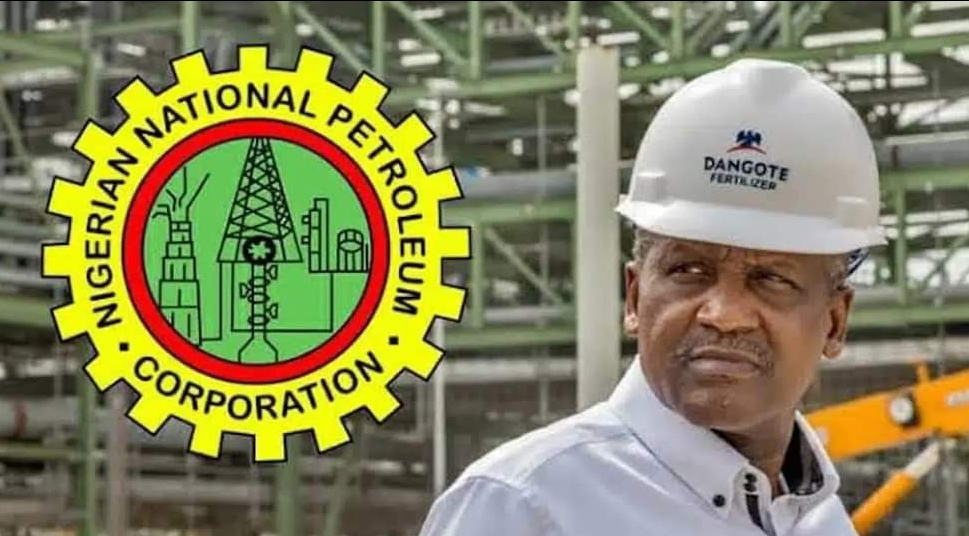Dangote Refinery: Nigerians May Pay More for Petrol as NNPC Quits Middleman Role

By Sunday Michael Ogwu (Abuja) & Abdullateef Aliyu (Lagos)
Petrol prices are likely to rise again following the Nigerian National Petroleum Company Limited's (NNPC) decision to end its exclusive offtake agreement with the Dangote Refinery. This move allows other marketers to purchase fuel directly from the facility.
The current fuel cost was last adjusted in August when NNPC increased the pump price from ₦568 to ₦585 per litre in Lagos and nearly ₦600 in other parts of the country. NNPC's exit as a middleman in the Dangote Refinery implies that the national oil company will no longer cover the price gap between the refinery’s production cost and the selling price to retailers. Previously, NNPC had absorbed a subsidy of ₦133 per litre.
NNPC’s decision is viewed as a significant shift towards a fully deregulated oil market. Marketers can now negotiate petrol prices directly with the Dangote Refinery, potentially leading to higher fuel costs based on global supply, demand, and market fluctuations.
The decision could also impact global oil markets. Crude prices in the United States, for example, increased to over $90 per barrel in September, a rise influenced by the ongoing oil production cuts by OPEC members, including Nigeria and Saudi Arabia.
Petrol Market Adjustments
Experts believe that independent marketers will benefit from buying directly from the Dangote Refinery, but there will be concerns over rising costs. “We can no longer depend on NNPC’s pricing subsidy," an industry expert noted, "and the current global tensions are only adding pressure."
Middle East Tension May Spark Higher Fuel Costs
Experts predict that the ongoing geopolitical tensions in the Middle East, particularly between Israel and Palestine, could lead to another spike in oil prices. A prolonged conflict could restrict supply in the region, which accounts for a significant portion of the world's crude output. This could, in turn, push Nigerian petrol prices higher, even if domestic supply remains stable.
Oil prices experienced gains following renewed violence in Israel, with Brent Crude surging to $90.79 per barrel in recent weeks. Analysts suggest that further disruption could lead to prices well over $100 per barrel, especially if Iran or other key producers become involved in the conflict.
As oil price volatility continues, the likelihood of inflation in Nigeria is expected to rise. "What does this mean for Nigeria and other nations without oil price caps?" one analyst asked rhetorically. "The price will surge, leading to higher revenues for the Nigerian government but also increased financial strain on citizens."
400,000 Barrels Per Day for Dangote Refinery
Meanwhile, NNPC has committed to supplying the Dangote Refinery with 400,000 barrels of crude oil per day as part of a naira-for-crude deal. This arrangement is designed to boost domestic fuel production and reduce Nigeria’s reliance on foreign imports.
The naira-for-crude deal will also have broader implications for Nigeria’s exchange rates and financial stability, as the country seeks to reduce its dollar obligations in favour of local currency transactions.
The full implications of NNPC’s withdrawal from the middleman role in the fuel market are yet to be seen. However, with rising global oil prices and increasing geopolitical tensions, Nigerians should brace for potential increases in the cost of petrol, despite ongoing efforts to bolster domestic supply through the Dangote Refinery.

